Far from specialising in a narrow discipline, students taking Classics experience the languages, literature, ideas, mythology, history, art and archaeology of the ancient Greek and Roman worlds in all their diversity.
Knowledge of Latin and the sustained study of Greek and Roman cultures develop intellectual rigour, critical analysis, self-expression and the ability to synthesise a diverse range of material — qualities all highly prized in the job market today.
Latin especially enhances one’s grasp of English (at least 50% of which is Latin-based) and is the gateway to the romance languages: Italian, French, Spanish and Portuguese.
Study of the Greco-Roman worlds underpins many related subjects such as literature, history, philosophy, art-history and politics, and enhances the ability of students to see how these areas interconnect with each other.
Knowledge of Greek and Roman myth and history will help you understand everything from Shakespeare’s tragedies and novels of Mary Shelley to the design of the Lincoln Memorial in Washington DC.
More locally, the desire to see the world through the Greco-Roman past continues to be felt in the poetry of J.K. Baxter, artwork of Marian Maguire, and Auckland War Memorial with its Greek-inspired façade and inscription.
For all the changes that separate us from the ancients, the study of Classics enriches one’s grasp of the ancient Mediterranean world which has done so much to shape our lives today: from the alphabet to the Olympic Games to our legal system, parliamentary democracy and more.
Whether it be poets or historians giving us accounts of plague or political systems in danger of collapse or telling of the plight of refugees, the ancients give us much important material to think with now — which explains why hardly a day goes by when someone in the media does not attempt to draw parallels between ourselves and the Greeks and Romans…
The study of Classics does not deserve to be cut back, nor should Latin be eradicated from NZ schools. There is more than enough material for students to accommodate secondary students’ interest for three years. It is a humane education that enables its students to perceive the modern world through a keen lens informed by a broad world-view.
We hear much about the importance of encouraging young people to think creatively and ‘outside the square’. The interdisciplinary nature of Classics, in challenging and engaging students on many levels, not only cultivates these skills superbly but can help produce the kind of global citizens the world is crying out for now.
Associate Professor Patrick O’Sullivan
Department of Classics | School of Humanities and Creative Arts | College of Arts | University of Canterbury
Private Bag 4800 | Christchurch 8140 | New Zealand
Office Location: Room 103B | 3 Hereford Street | Christchurch 8013 | Phone: +64 3 3694984


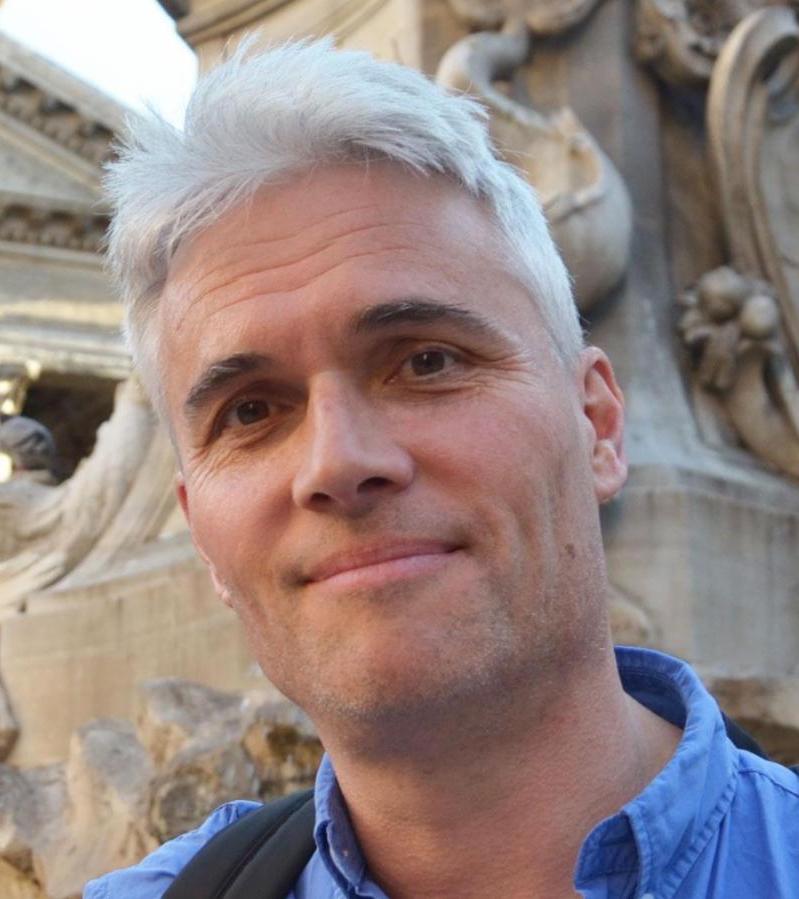
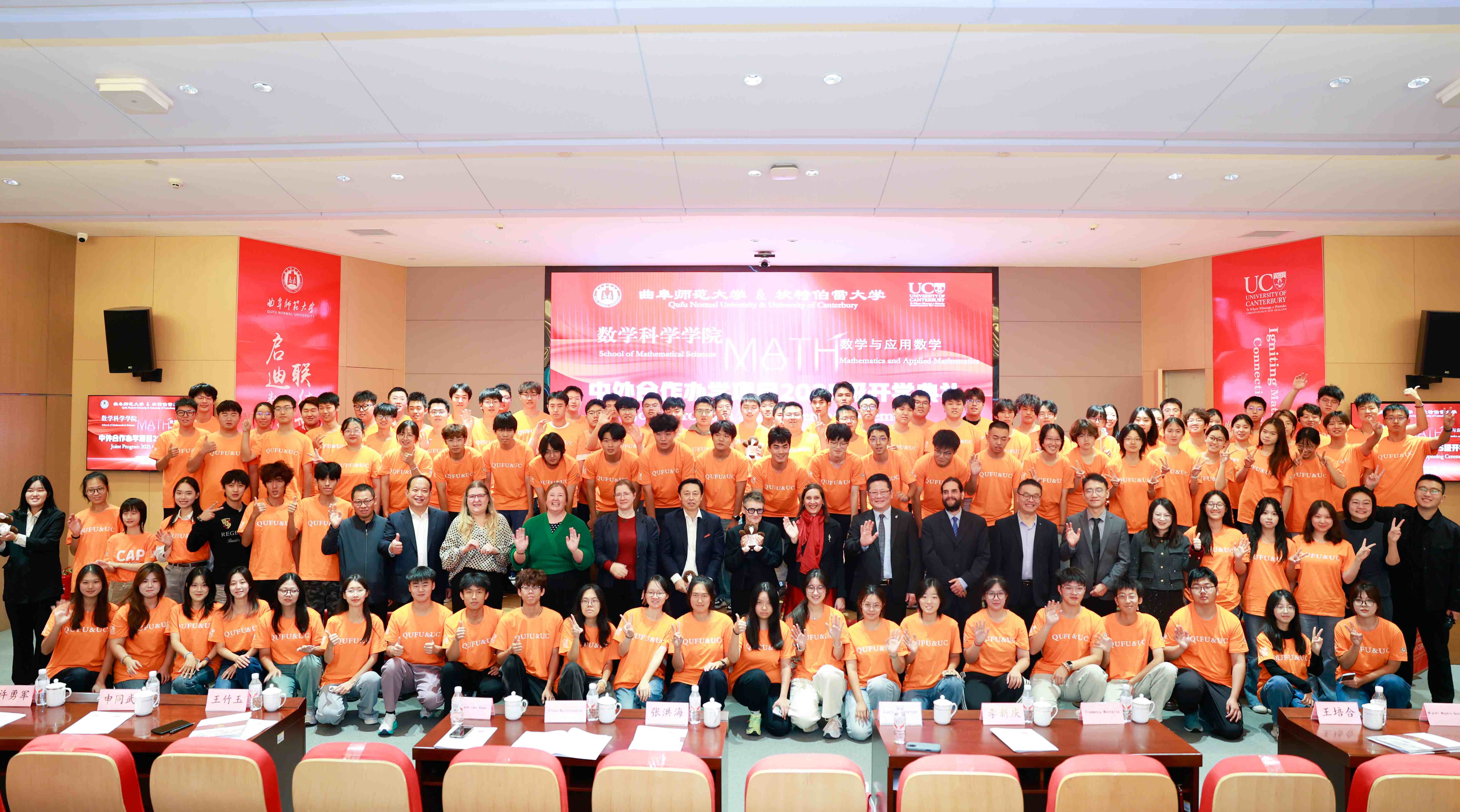

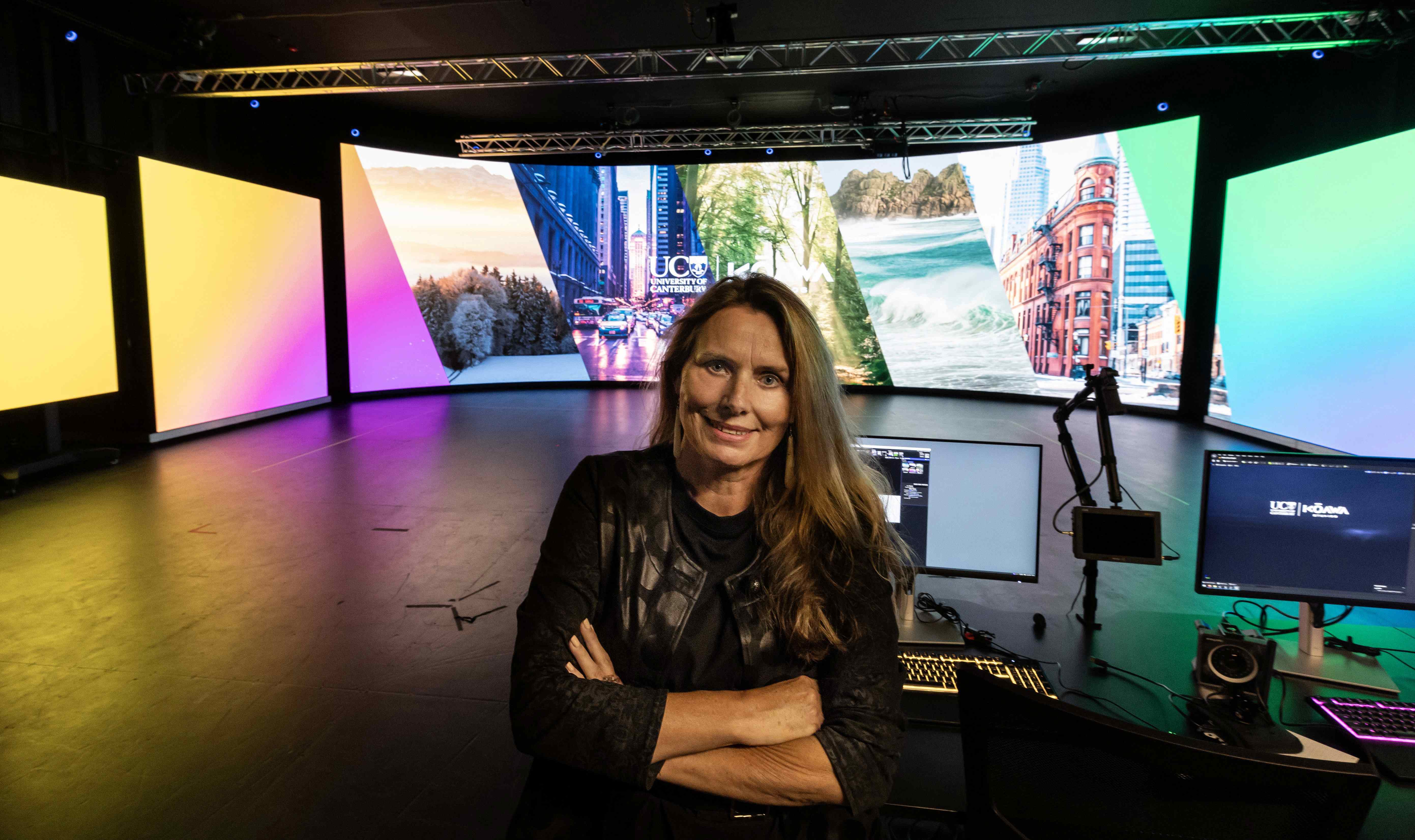
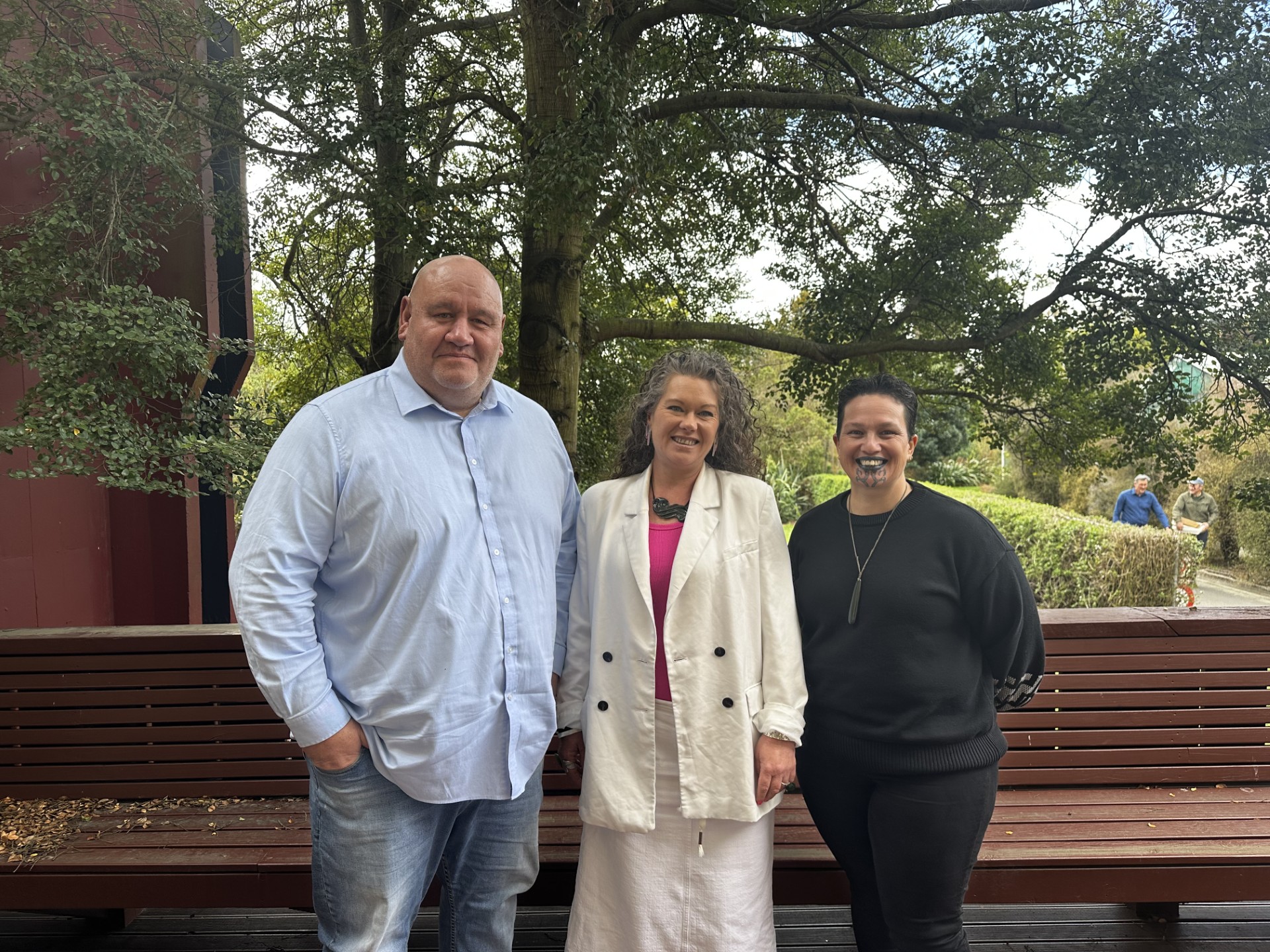
.jpg)
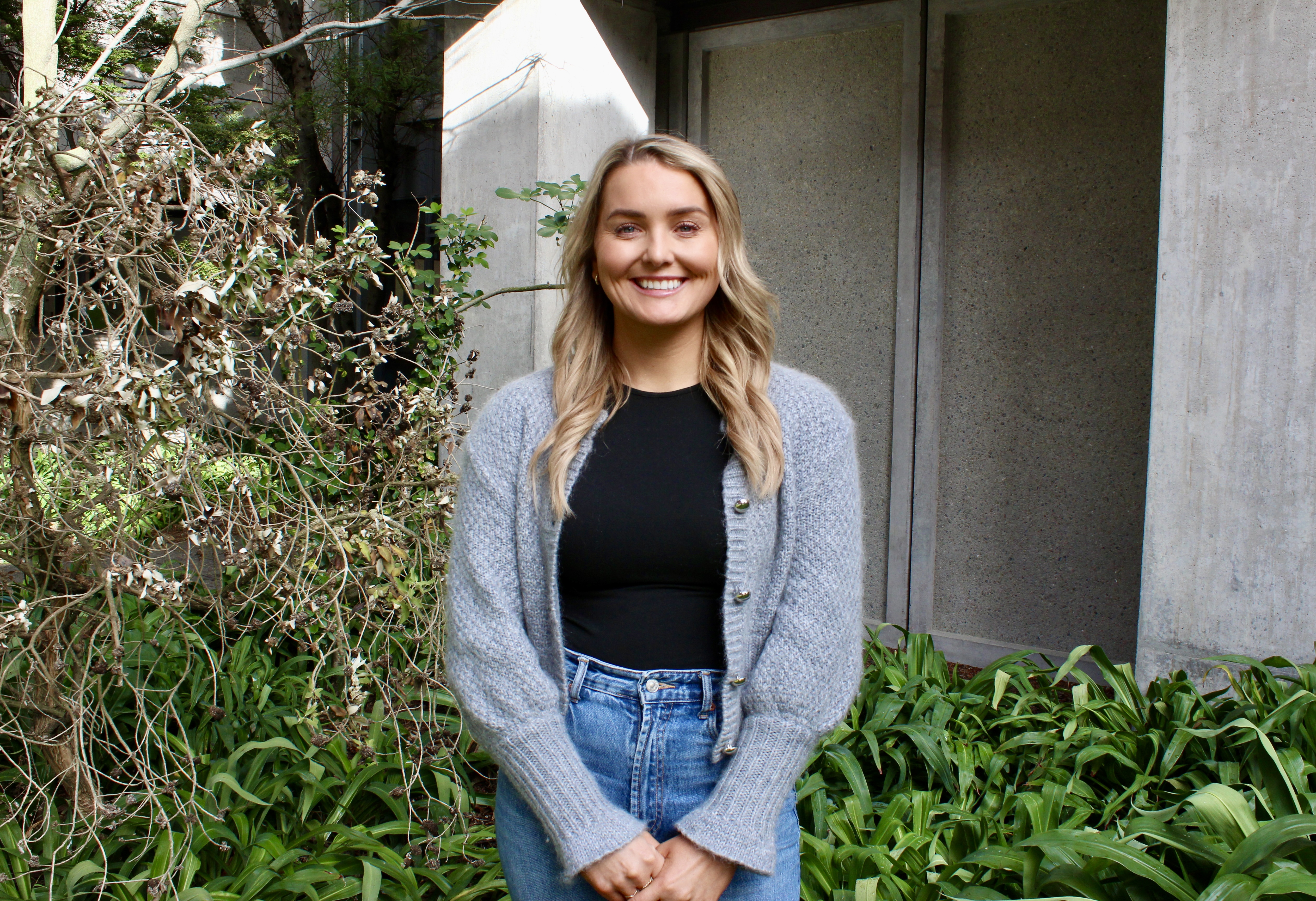
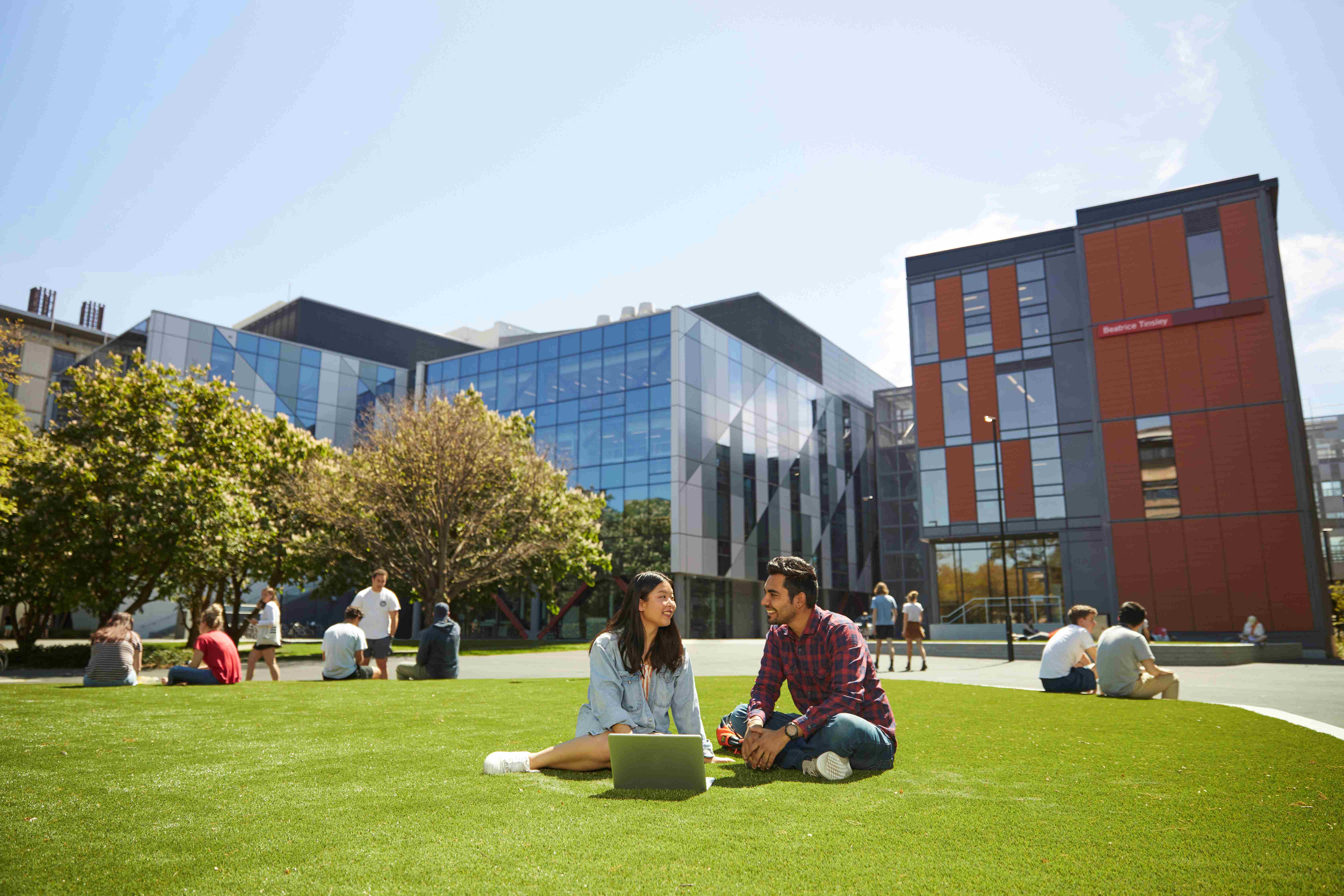
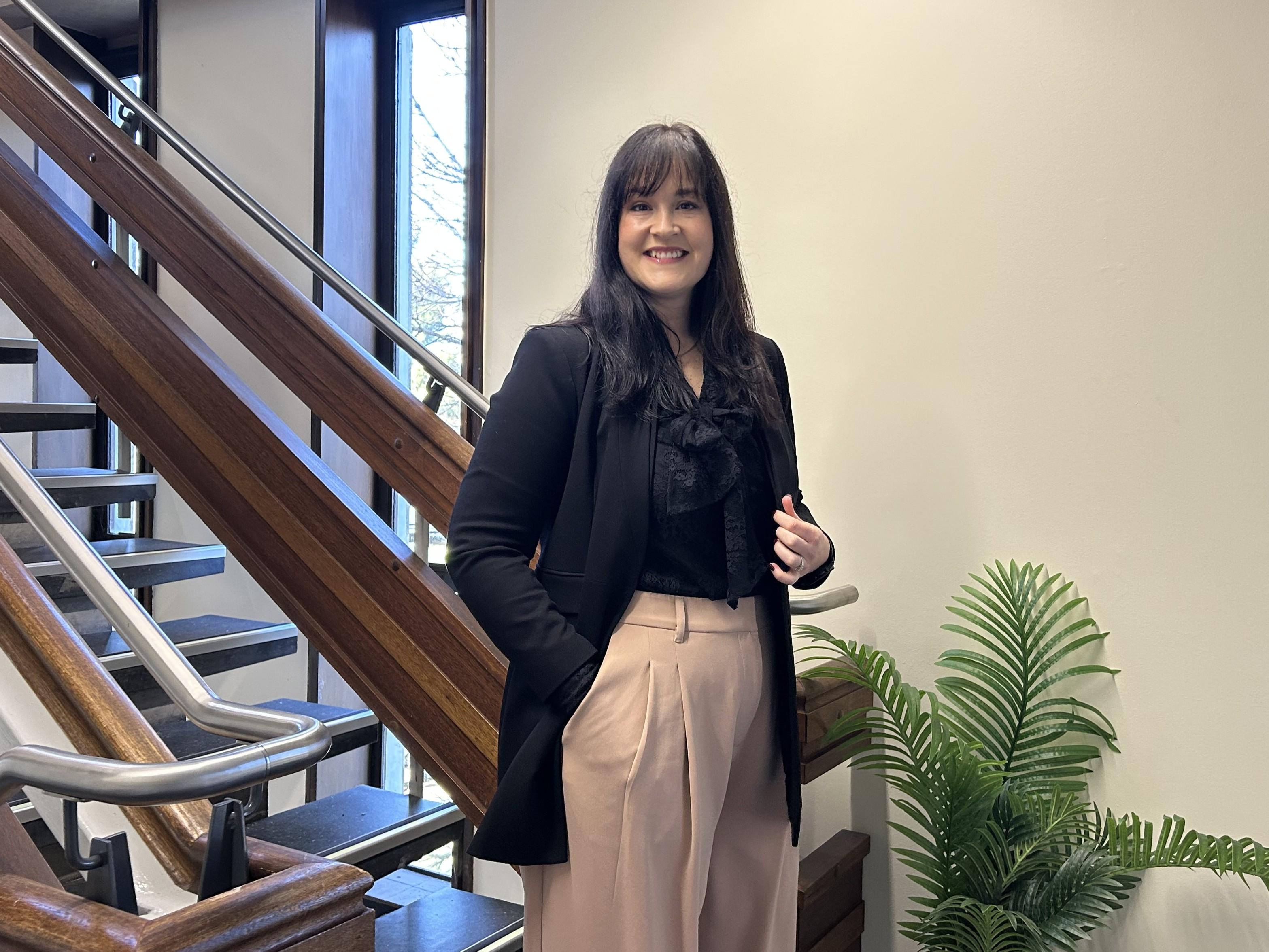
.jpg)